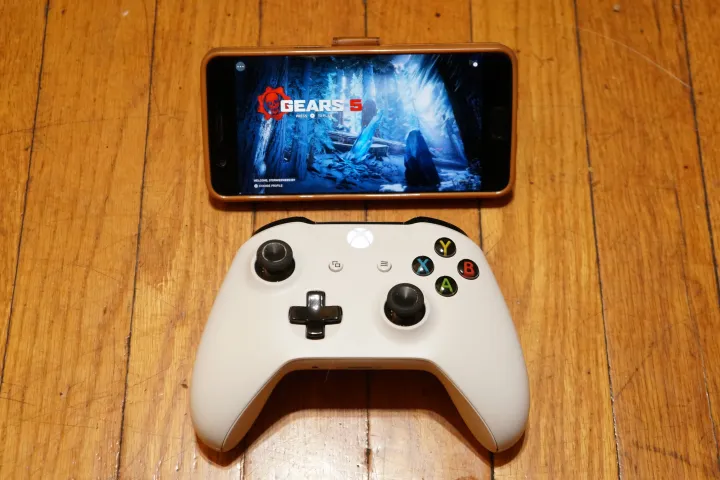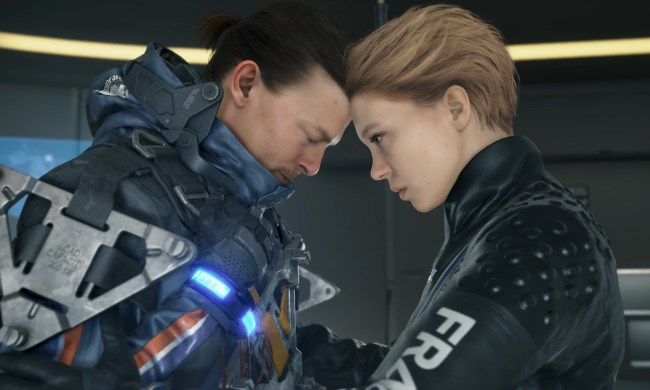Google Stadia is now available to those with the Founder’s Edition and Premiere Edition bundles, and it includes one exclusive at launch: Gylt. With an internal studio working on projects, that number will surely grow over time, but it appears Microsoft will not be taking the same approach with Project xCloud.
Speaking to Gamasutra, an Xbox spokesperson said that currently has “no plans for cloud-exclusive content.” This statement was made after xCloud vice president Kareem Choudry previously said that it was in “early talks” with companies regarding exclusives.
Releasing exclusive games on the service would certainly be out of line with the company’s messaging regarding xCloud thus far. Microsoft has positioned the service as a “different form factor” for existing Xbox games, giving players the option to play them on the go with a mobile phone, laptop, or other devices instead of being locked to their console or PC at home. The goal doesn’t appear to be replacing the traditional console, either, as Microsoft is planning to launch its Xbox Scarlett system in 2020.

Microsoft has moved away from true exclusive games this generation, altogether. With a few exceptions, including Halo 5: Guardians, nearly every Xbox One game is also available to play on PC. This includes Sunset Overdrive, Gears 5, Forza Horizon 4, and many more. The plus-side to this is that many also support cross-buy and cross-save, so you can easily move between console and PC, and enjoy the games with friends who might only own one or the other.
Through streaming, Microsoft is also letting Xbox One owners stream games to their mobile devices with their home console acting as the server. This can be done at no extra charge, and all of the games they own on the Xbox One are eligible for streaming.
There will certainly be plenty to play on Xbox — and xCloud — in the future, as Microsoft has increased its internal development studios with the acquisitions of companies like Ninja Theory, Playground Games, and Obsidian Entertainment. Others, including The Coalition and 343 Industries, continue work on upcoming projects, as well, such as Xbox Scarlett launch title Halo Infinite and the strategy game Gears Tactics.


